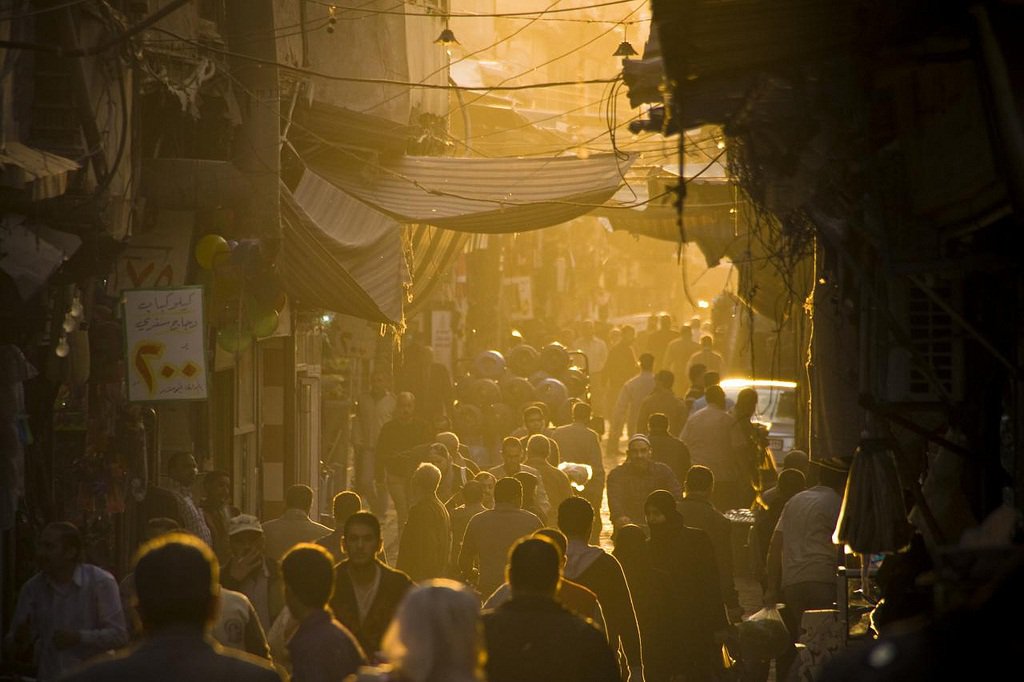“There is an effort to deflect responsibility. But the bottom line is this is the result of a U.S. airstrike, whether there were other factors involved or not,” IPS Middle East foreign policy expert told Rising Up with Sonali amid recent accusations of a U.S. air strike killing more than 200 civilians in Mosul.
While the U.S. has admitted to the bombings, it’s blamed the humanitarian impact on ISIS.
Part of ISIS’ military strategy is to use protected areas such as schools and hospitals as fighting zones, Bennis explained. And since we know that, the U.S. cannot keep conducting airstrikes on these areas, killing civilians as a result, and attributing the blame to ISIS, Bennis argued.
“If we claim, as the U.S. does, that we are going to war to liberate people from ISIS, you cannot claim that killing them is the equivalent way of liberating them. You have to figure out a different strategy that does not rely on these air wars,” Bennis said.
Bennis also spoke to the lack of accountability the U.S. military has faced when its actions have resulted in civilian deaths. Massive civilian causalities can be and often are predicted in advance, but the explanation for this has been that it is simply a cost of war or the fog of war, which Bennis argued is not the case.
“Civilian casualties are the inevitable consequence of using massive military force, particularly airstrikes, against a crowded populated city,” Bennis explained.
The Obama administration had put “insufficient, but somewhat restrictive” rules in place that in theory were meant to protect civilians, Bennis said. Now, the Pentagon, under the Trump administration, is requesting that this set of rules be removed which would eliminate restrictions on the use of force and any chance at even discussing accountability for civilian deaths.
“You can talk all you want about what it means to evict ISIS control from places like Mosul, but for those 400,000 people living in Mosul, many of them will not survive to cheer the removal of ISIS because they will be killed by the same bombs that led to the expulsion of ISIS fighters,” Bennis said.
Meanwhile, the war in Yemen has continued to escalate with the U.S. carrying out an airstrike that killed about 30 Yemenis, airstrikes the Trump administration claims are to counter terrorism. Bennis said, however, that this is not about ISIS, but about “making good on their long standing claim that they’re going to go after Iran in a way that the Obama administration never did.”
Iran and Saudi Arabia are involved in a proxy war in Yemen and now the “U.S. is going to escalate its own role in backing Saudi Arabia,” Bennis explained.
“We have been at war with terrorism for 15 years, yet terrorism is thriving. It’s the people and the cities of these countries that are being destroyed. And we’re seeing no indication from anyone within the Trump administration that is calling for restraint. That’s what makes it so much more dangerous right now,” Bennis concluded.
